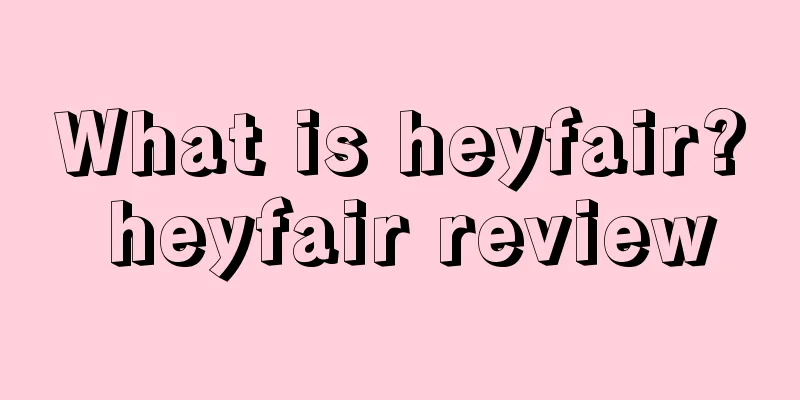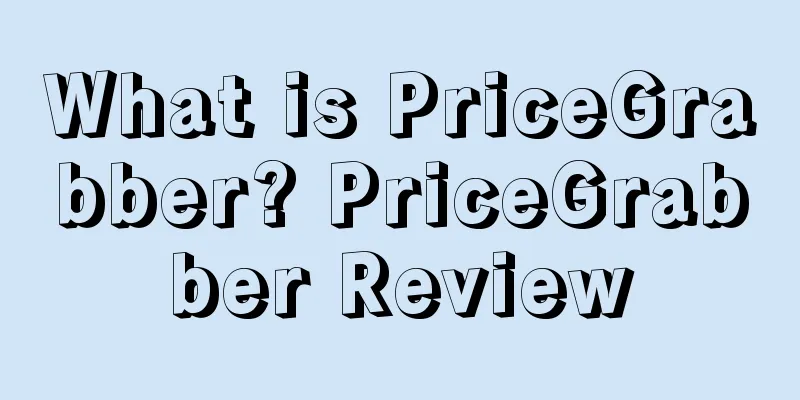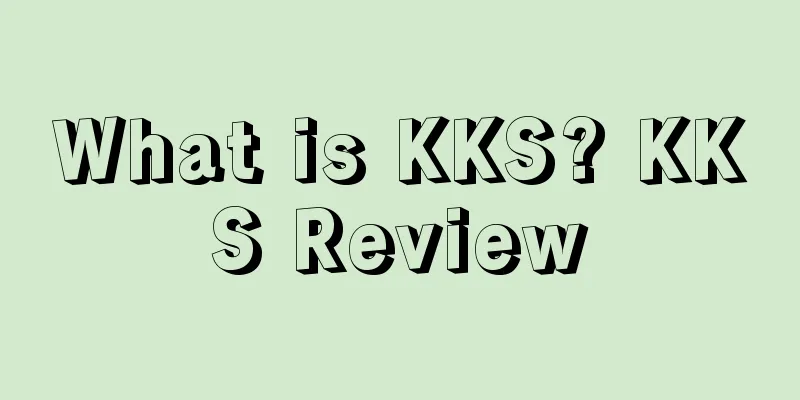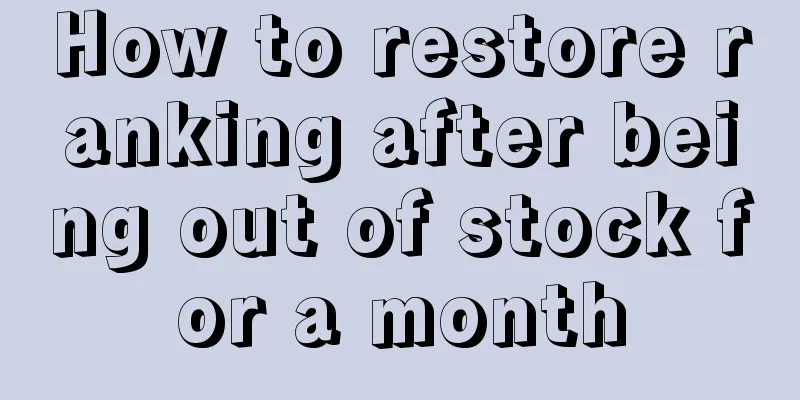Amazon store is blocked? It may be due to these reasons!
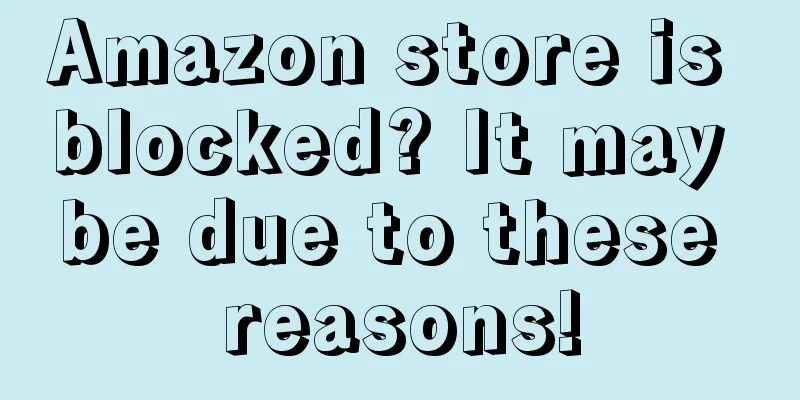
|
In order to protect the interests of both buyers and sellers, Amazon has formulated very strict "rules of the game". If sellers want to develop on Amazon for a long time, they must clearly understand the platform rules. Only in this way can they avoid account restrictions. So what behaviors will lead to account restrictions and store closures? Here are eight points for you. 1. Account Linking In order to maintain the platform's operating rules and optimize buyers' shopping experience, Amazon does not allow the same seller to have multiple accounts. Amazon will determine whether an account is associated based on factors such as phone number, email address, payment account, address, product information, network IP, etc. Once Amazon detects an association, especially if there is a problem with one of the accounts, it will affect other accounts associated with it. Therefore, sellers should try to avoid or reduce the association factors to reduce the risk of account association and avoid the risk of account association in advance. II. Infringement European and American countries attach great importance to intellectual property rights, so if you are doing cross-border business, while protecting your own intellectual property rights, you must also not infringe on the intellectual property rights of others. Especially on the Amazon platform, if a seller is complained of infringement, the seller’s products may be removed from the shelves at the least, or the seller’s account may be directly blocked or the store may be closed at the worst. Infringement includes brand trademark infringement, patent infringement (appearance, invention, utility), copyright infringement, image theft, etc. During the operation, the easiest thing to cross the line is to follow the sale. Following the sale is a unique feature of the Amazon platform that distinguishes it from other platforms. That is, sellers do not need to create a separate listing, they only need to follow the listing of other sellers to sell. However, if the product of the brand owner is followed, following the sale without the consent of the brand owner is considered infringement. 3. Selling counterfeit goods Regardless of the platform, the sale of counterfeit goods is prohibited, and the Amazon platform has stricter requirements. Amazon requires that any goods sold on the Amazon website must be authentic, and the sale of unauthorized copies, pirated copies, and counterfeit goods is prohibited. If someone complains about selling counterfeit goods on the Amazon platform, the seller's account will easily be suspended by Amazon and the funds will be frozen. 4. Account Health Status Performance indicators are codes of conduct set for third-party sellers. Amazon uses performance indicators to distinguish between excellent, good, medium, and poor sellers. Poor performance will lead to store closure. For example, not responding to customers, too many negative feedbacks, and long delivery cycles will reduce the performance of the store. Amazon requires sellers to provide good products and services. If the account performance is poor and the order defect rate (ODR) exceeds the standard, the account will be reviewed or restricted. The assessment of the ODR indicator includes three aspects: A-to-Z claim disputes, negative store feedback reviews, and credit card rejections. If the ODR exceeds 1%, it will be considered too high. Order cancellation rate and delayed delivery rate will lead to store closure, indicating that the seller has problems with product inventory and delivery processes. The order cancellation rate refers to the seller's active cancellation of orders. In order to reduce the delayed delivery rate, Amazon stipulates that all orders must be shipped within 72 hours. If the seller fails to deliver the order on time within 72 hours after the customer places the order due to their own reasons, the order will be counted as delayed. If there are too many delayed orders in the account, until the delayed delivery rate exceeds 4%, the seller will receive a system warning from Amazon. In serious cases, the seller may be removed from the sales privileges, resulting in account restrictions. 5. Tax issues (VAT) In North America and Japan, sellers need to pay sales tax. The platform will directly deduct sales tax when the order is executed, and the tax rate is very low. The United Kingdom, Germany, France, Italy, and Spain are all countries with very complete tax systems. Any citizen and individual must pay taxes legally and in compliance with regulations. Many Chinese sellers have a misunderstanding of taxes and feel that the 20% VAT levied by European countries is too expensive. However, the sales unit price of all products sold on Amazon Europe is tax-inclusive, so VAT must be paid, otherwise Amazon will close the seller's account. 6. KYC audit failed This situation often occurs in European accounts. The full name is Know Your Customer, which is a European account qualification review. Usually, the account is blocked because the seller cannot provide complete information. According to the requirements of relevant European regulatory authorities, Amazon is obliged to conduct company and company owner identity verification (KYC verification) for sellers who open stores on European platforms (including the United Kingdom, France, Germany, Spain, Italy, etc.). Sellers can only sell on the European platform after being reviewed and approved by the European verification team. To this end, sellers should register through the seller backend after registration, fill in the relevant information truthfully and upload the required documents as required. If the KYC review fails, the store will be closed. 7. Fake orders and manipulated reviews Amazon has always banned fake orders and illegal reviews, and other manipulating reviews. Amazon's technology for "catching" fake sellers has been upgraded, so everyone must be extremely cautious. 8. Violation of sales policy If a seller sells items that are prohibited by the platform, or sells them in a manner prohibited by the platform, their account may be reviewed. |
<<: Why can’t low-priced products ultimately rely on advertising?
>>: Amazon Listing Optimization Rhythm and Negative Keyword Setting Details
Recommend
Online and Black Friday sales both exceeded 10 billion US dollars! Sellers seized the historic opportunity
Black Friday & Cyber Monday, the year-end g...
What is Sino-German Venture Capital? Sino-German Venture Capital Review
Sino-German Venture Capital (Shenzhen Sino-German ...
Amazon's investment in Virginia is as high as $34 billion! Second only to Washington and California!
<span data-shimo-docs="[[20,"获悉,近日亚马逊在其最新的...
What is MOLPay? MOLPay Review
MOLPay was established in Malaysia at the end of 2...
Jurassic World also ordered a weird thing in Amazon?
As the originator of e-commerce Amazon's produ...
Amazon Black Technology: Teach you how to calculate your competitors' conversion rates
If sellers know the conversion rate of competitor...
eMarketer forecast: After Prime Day, how to plan for the holiday season?
It is learned that recently, eMarketer released a ...
Searches for "Facebook" have dropped by nearly 90% in the past decade, resulting in $10 billion in advertising losses
According to Banklesstimes.com, searches for the w...
Demand drops, employees take leave! FedEx freight streamlines transportation network and closes 29 outlets!
FedEx Freight is closing 29 locations in its netwo...
What challenges may Shein face as it steps up its efforts to become a third-party platform in the United States?
It is learned that after industry insiders reveale...
Twitter's market value has shrunk significantly! It has fallen to one-third of Musk's purchase price!
Musk bought Twitter for $44 billion last year, pro...
What is Albertsons? Albertsons Review
Albertsons changed the traditional distribution me...
A large amount of sellers’ funds were forcibly withheld, and Amazon was complained about this!
Turning to the cross-border memoirs, the ups and d...
What is Broad Match? Broad Match Review
Broad match means "broad match", which c...
What is EMC? EMC Evaluation
The full name of EMC (Electromagnetic Compatibilit...

